Christina Kim Philibotte is the chief equity officer for the Manchester School District. A Foundation grant to Manchester Proud helped support the creation of her position. She spoke to the Foundation’s Lois Shea about her work.
LS: What drove you to do this work?
CKP: We have a real opportunity right now to help folks feel seen, heard, valued and like they belong here. That was not my experience growing up in Manchester. Now, 48 percent of our students are students of color. The diversity of our students has changed, but unfortunately, systems have not.
LS: What are the strengths you see in Manchester’s schools and students?
CKP: Diversity is a real strength. If you want to work in a global environment and economy, this is the place to be. Kids are being exposed to multiple languages and cultures. There is just so much energy and so much joy. Some of our schools need more resources, for sure. That is something that Manchester has to grapple with. As a community, we have to balance the wonderful things with things that are not equitable. We need to be honest and look at systemic racism happening in our district. It’s real and it bears out in the data year after year. Our reading scores are significantly below the state level. And when you step out by race/ethnicity you see some real disparities. AP classes, Running Start classes, are less likely to have Black and brown kids in them. If we want to change that, we have to see it.
LS: What are some of the things that you are working on now?
CKP: We are working on pathways for more teachers who are people of color to work in our schools. We have 97 teachers (or 6 percent) out of more than 1,600 who are people of color. Study after study shows that representation helps academic and social success for students. The other big project is the equity blueprint for the district. To create that, you have to understand the dynamics of what’s going on in the schools. And we are going to be doing training. The challenge right now is HB2 [the so-called “banned concepts” law that passed as an attachment to last year’s state budget]. That has been tricky to navigate. Educators are afraid to lean into the work we need to do. People are hesitating to have conversations we would have had in the past. Part of my job is to help people understand the law and be courageous enough to continue the curriculum that already existed. The reality of what is happening has placed a deep chill on how and what we teach — and that is not right.
LS: What has been the response from students, to your position?
CKP: I am working with kids at the high schools who wanted to create BIPOCled (Black, Indigenous and people of color) student advocacy groups. Simply sitting down with them and having a conversation where they feel safe and comfortable to talk about what they are experiencing in schools is so meaningful to them. They say to me every single time: “Nobody talks about this in our schools.” It’s an important conversation to have, and I didn’t have that when I was a kid.
LS: Some of what you are working on has brought out critics. What is the common ground that you see among parents?
CKP: They love their kids. They want what’s best for their kids. I will always sit down and have a conversation with you. And I have found that every single time we sit face to face and have a coffee together and break bread together, every single time, we are able to come to a place of understanding and move forward together.

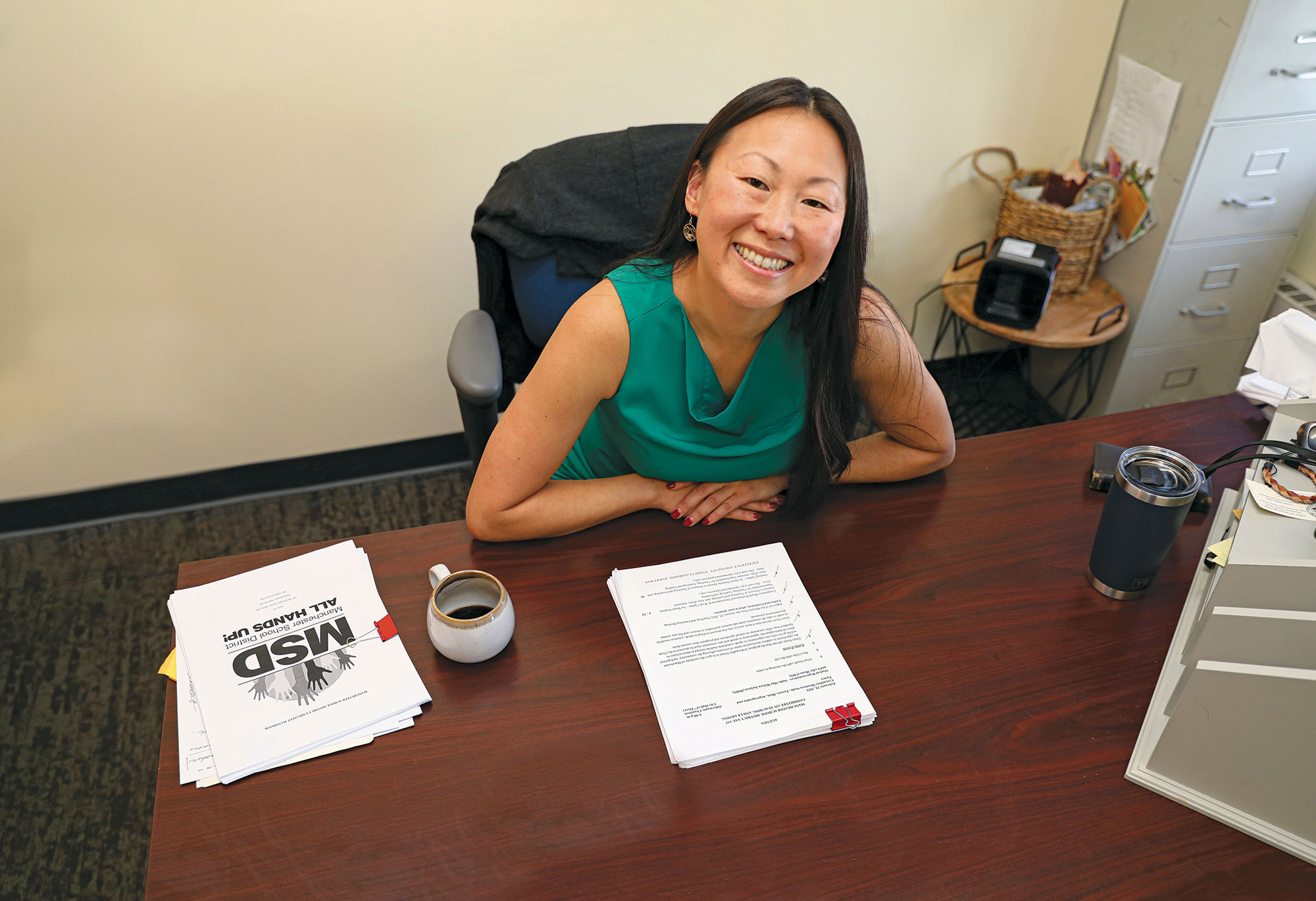






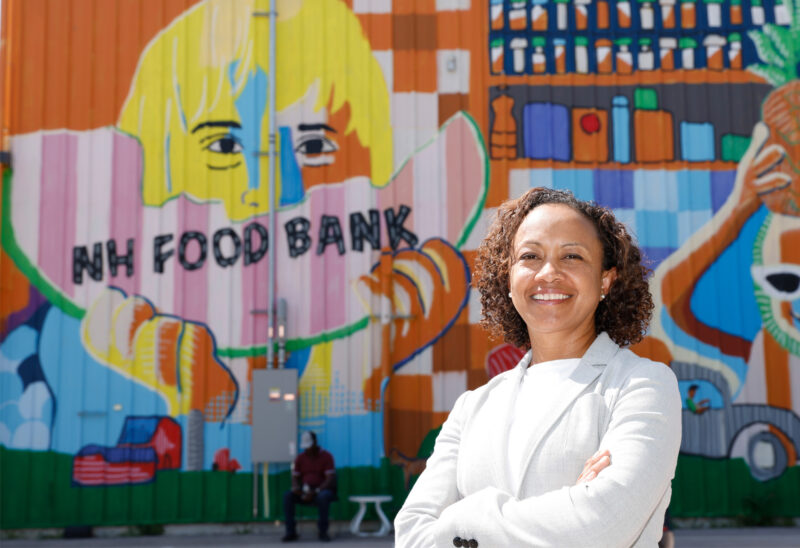

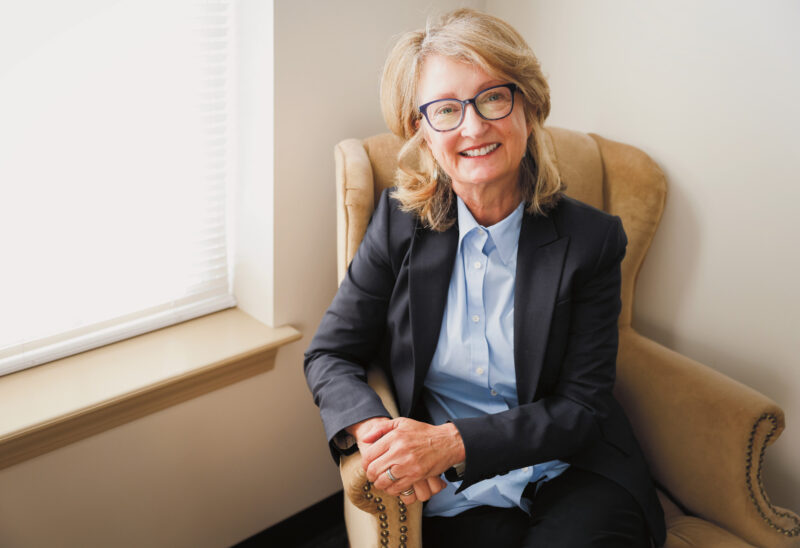

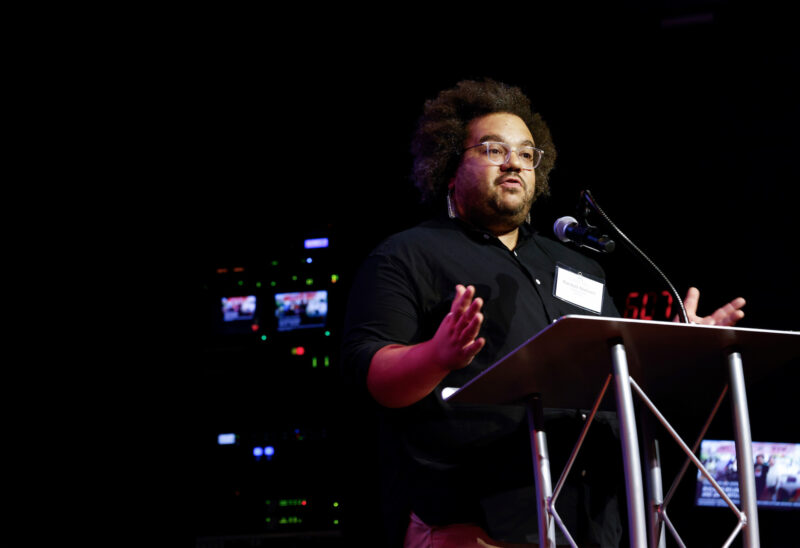
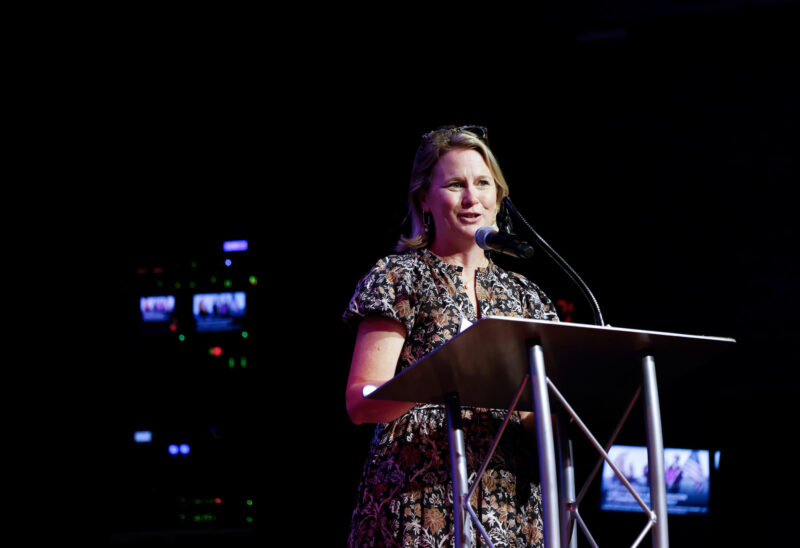

![Oluwakemi Olokunboyo of Dover received a McNabb scholarship to study nursing at Great Bay Community College [Photo by Cheryl Senter]](https://www.nhcf.org/wp-content/uploads/2024/05/Scholarship-Hero-800x548.jpg)

![Rev. Heidi Carrington Heath joined Seacoast Outright. [Photo by Cheryl Senter]](https://www.nhcf.org/wp-content/uploads/2024/05/Heidi-Carrington-Thumbnail-800x548.jpg)
![Dr. Jennie Hennigar treats a patient at the Tamworth Dental Center [Photo by Cheryl Senter]](https://www.nhcf.org/wp-content/uploads/2024/05/TCCAP-Hero-800x548.jpg)